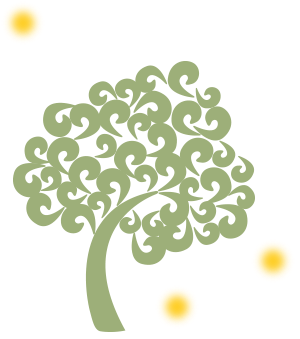
What is Solution-focused Brief Therapy?
Solution-focused brief therapy (SFBT) places the emphasis on a person’s present situation and goals rather than past experiences. SFBT is goal-oriented therapy and the symptoms or issues bringing a person to therapy are typically not targeted.
The therapist is in a collaborative role with those in treatment to develop a vision of the future, offering support as the therapist and client work together to determine the skills, resources, and abilities needed to achieve that vision successfully.

How Does SFBT Work?
SFBT strives to help clients experiencing difficulty find tools they can use immediately to manage symptoms and cope with challenges. SBFT is based on the premise that individuals may already have the skills to create change in their lives, but they often need help identifying and developing those skills. SFBT is also based on the premise that people already know what change is needed in their lives, and SFBT therapists work to help their clients clarify their goals. SFBT therapists encourage clients to visualize the future they desire and then work with the client to collaboratively develop a series of steps that will help them achieve those goals. Therapists can help clients identify a time in life when a current issue was either less severe and impeding or was more easily managed and look at what factors were different or what solutions, approaches, and tools may have worked well in the past. In addition, SFBT therapists support the client as they begin to develop and use new problem-solving approaches.
SFBT can be used to treat a wide range of issues. It is most often used to address challenges for which the client already has some idea of possible solutions. In SFTB, the client is considered the “expert” on their concerns, and the therapist collaborates with the individual to envision solutions, or what change would look like, and then outline the steps necessary to solve problems and achieve goals.
Research has shown SFBT may be a helpful intervention for youth who are experiencing behavioral concerns or academic/school-related concerns. It has also proven effective as an approach to family therapy and relationship counselling.

